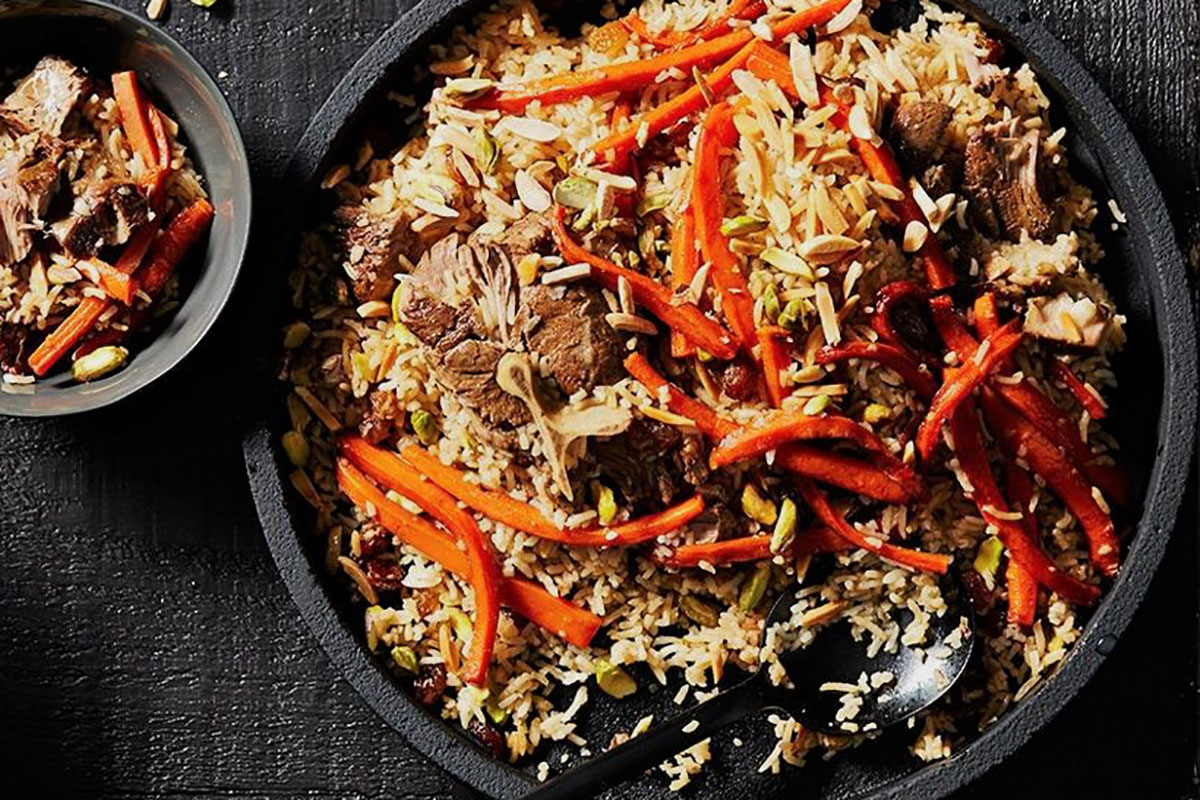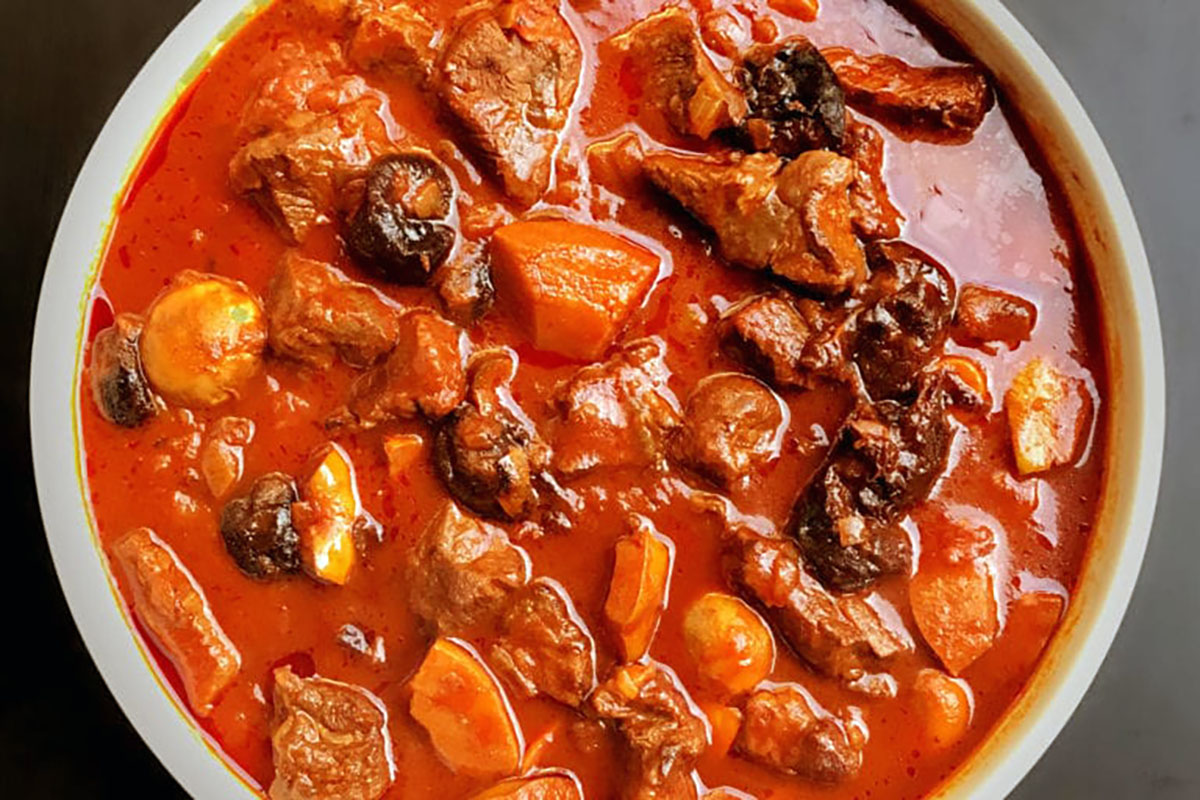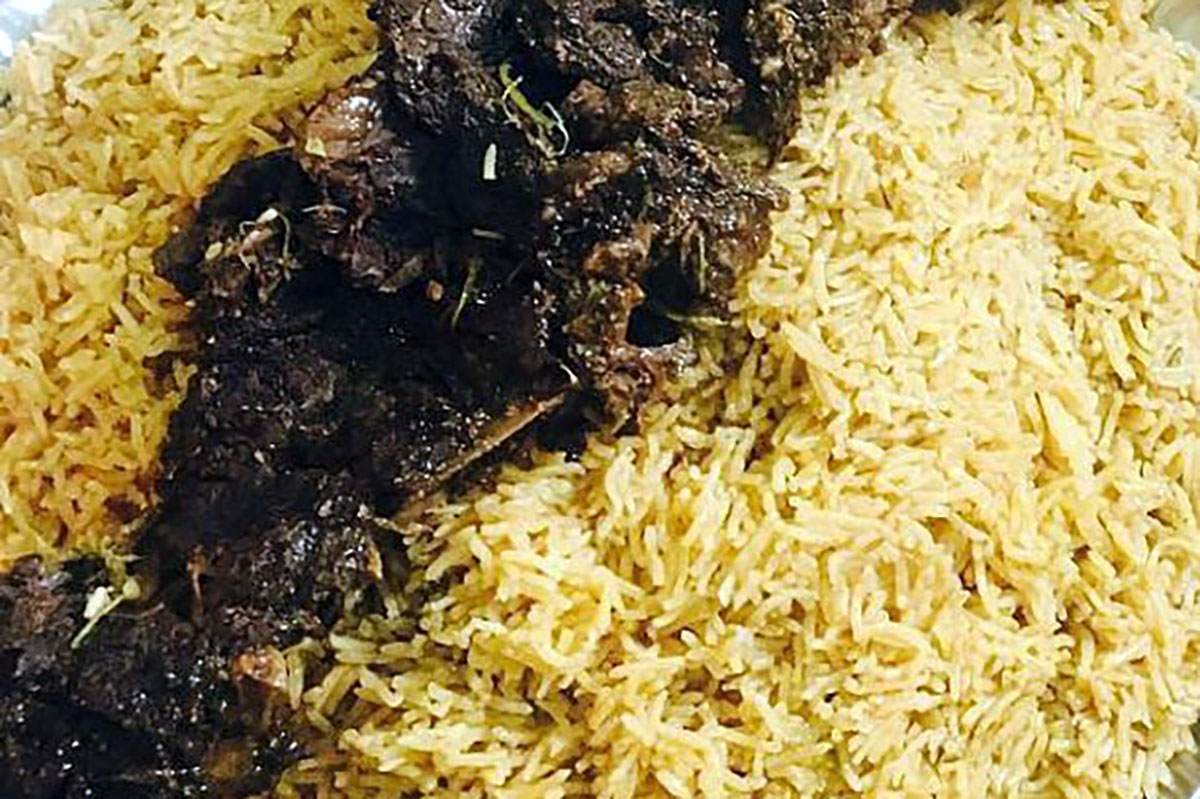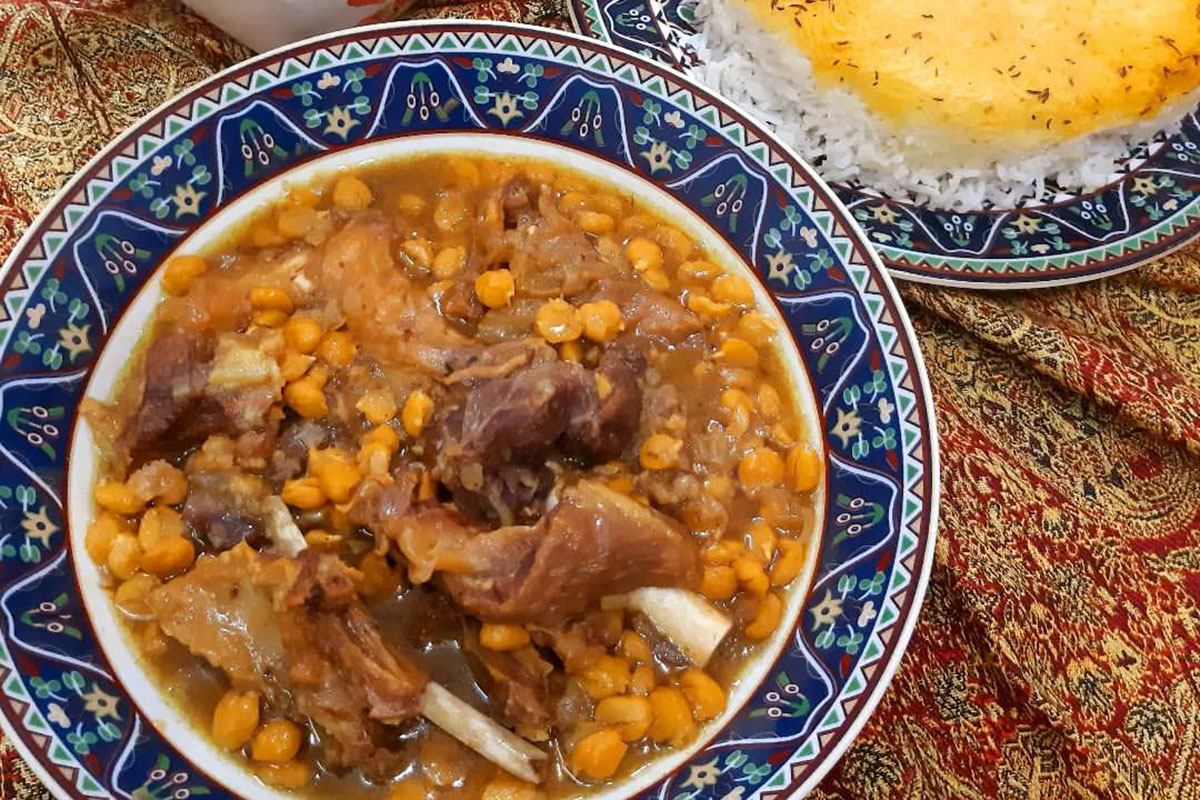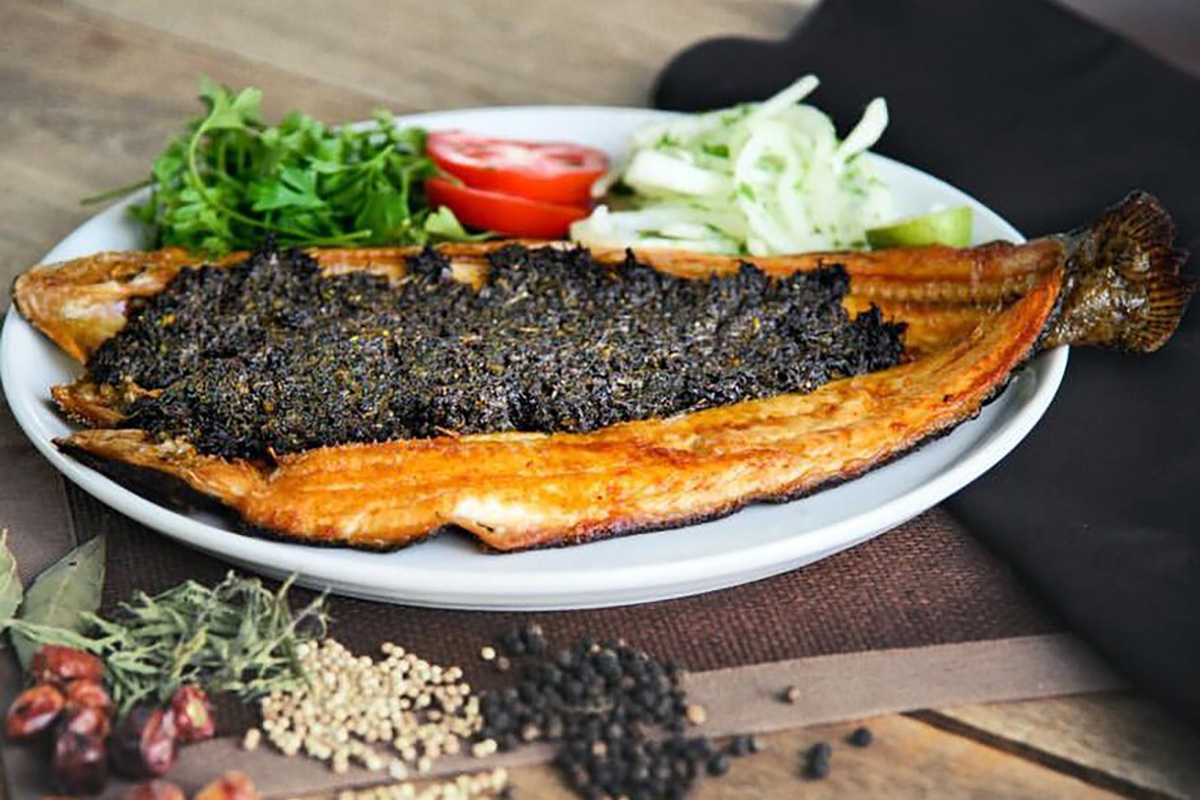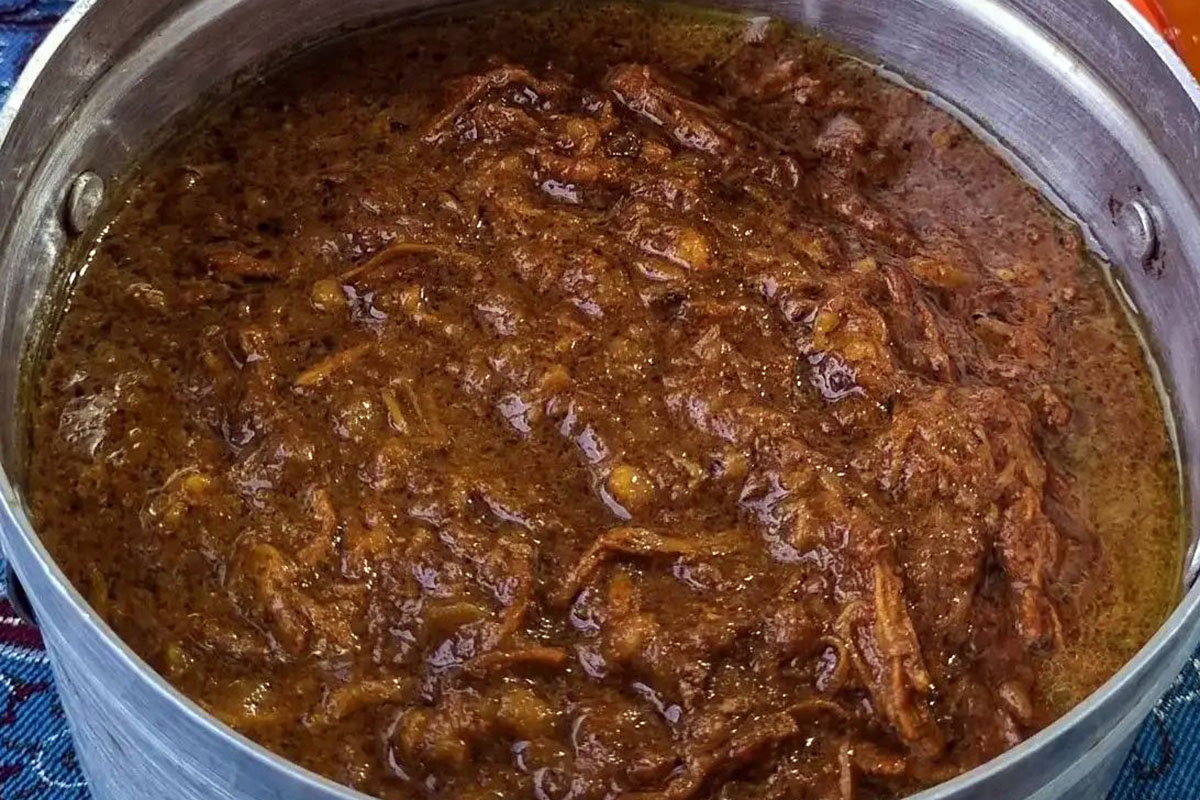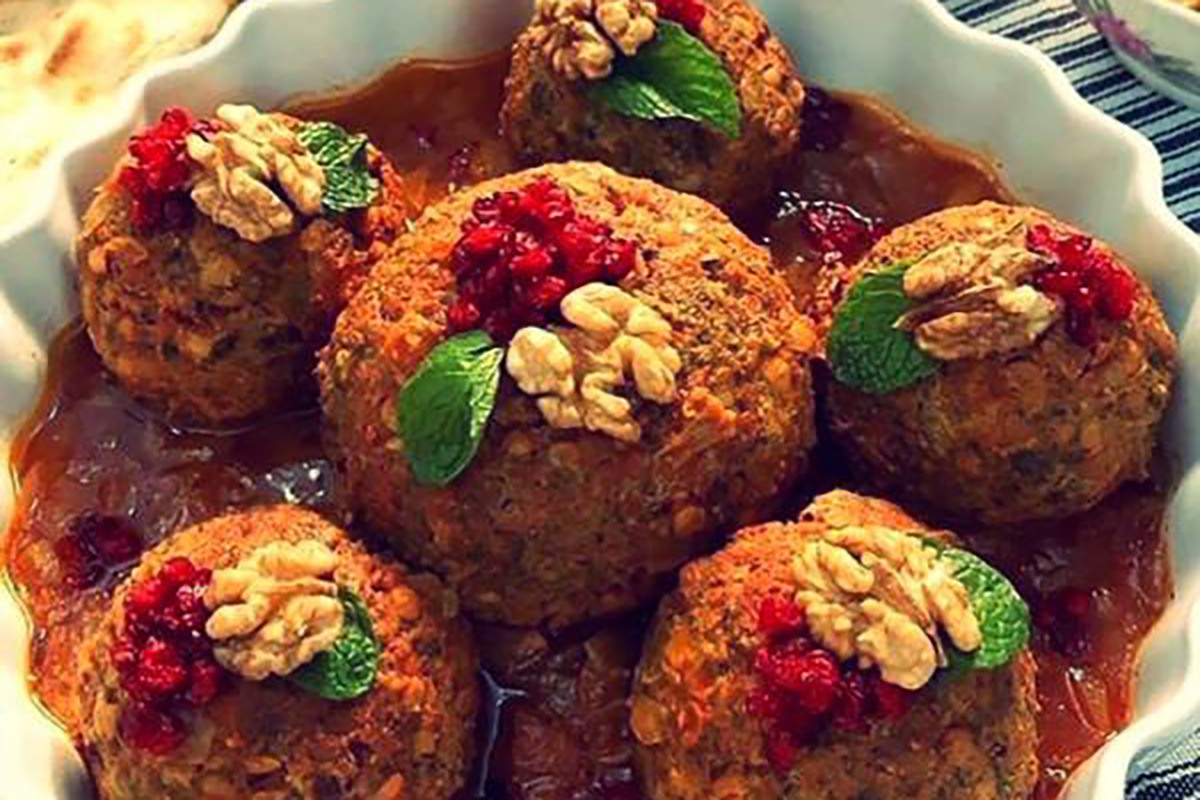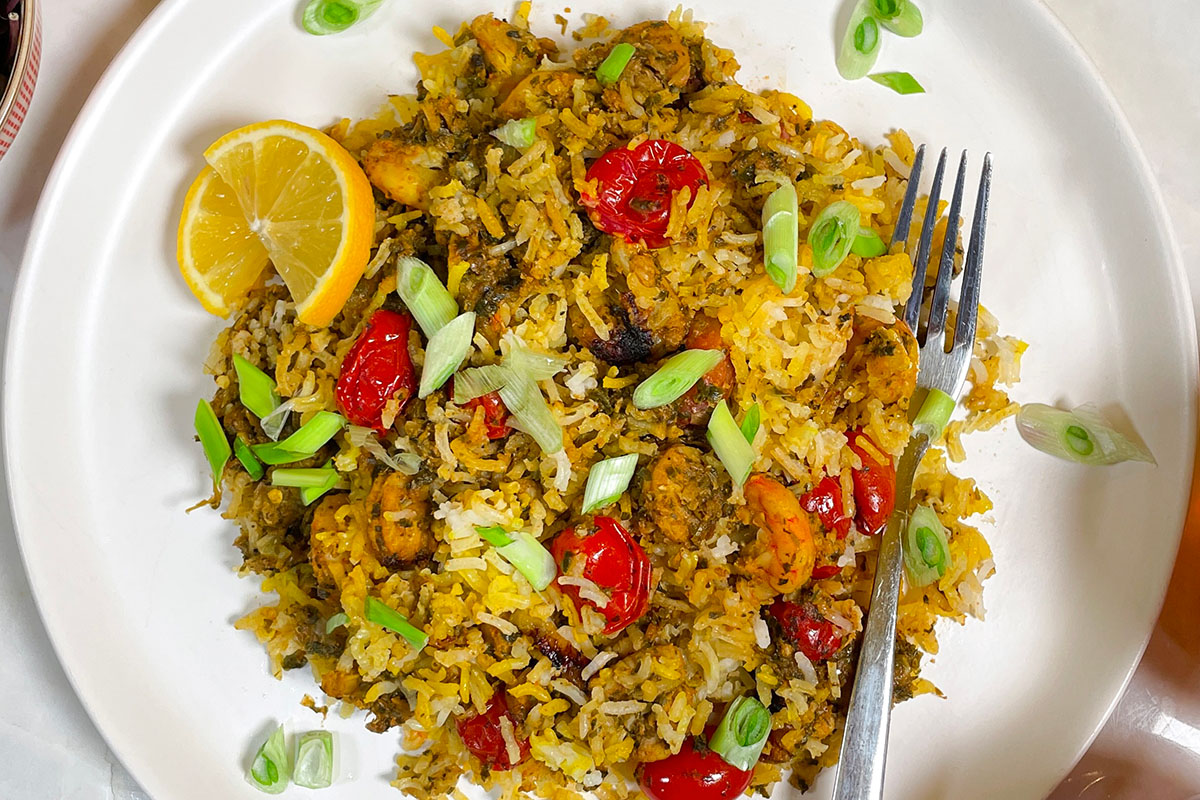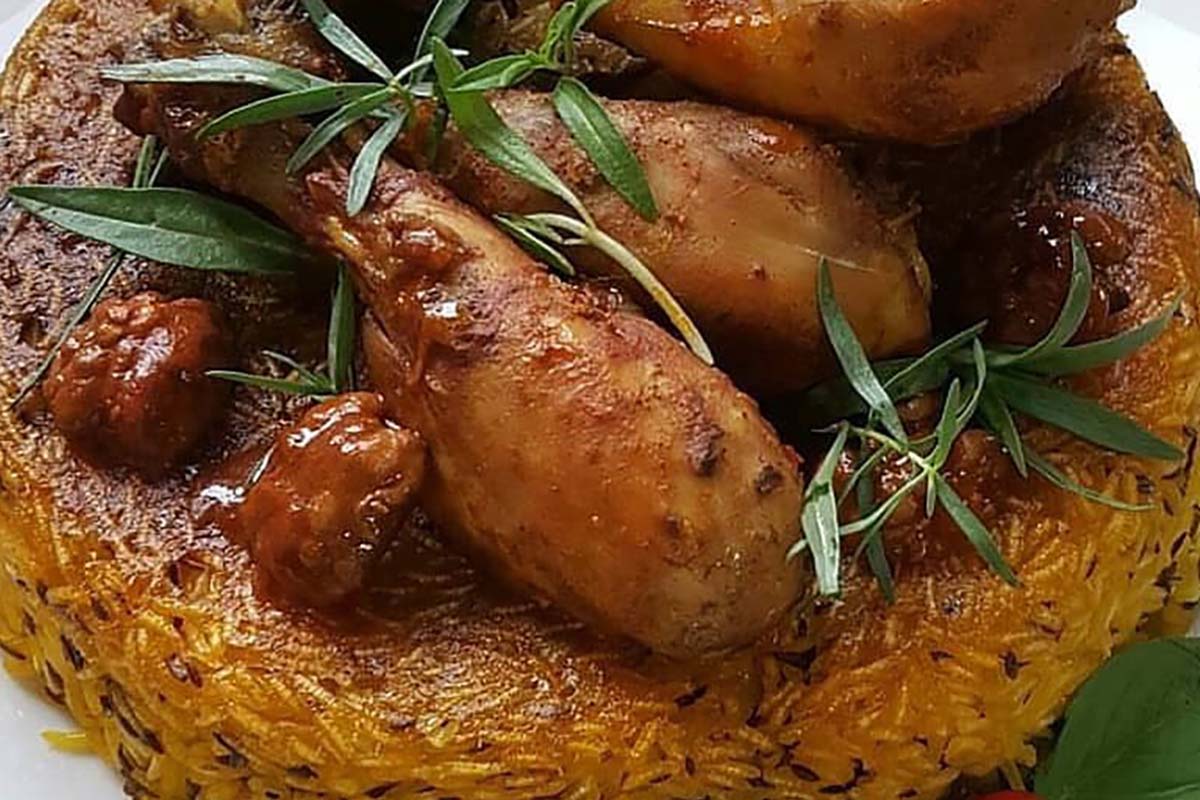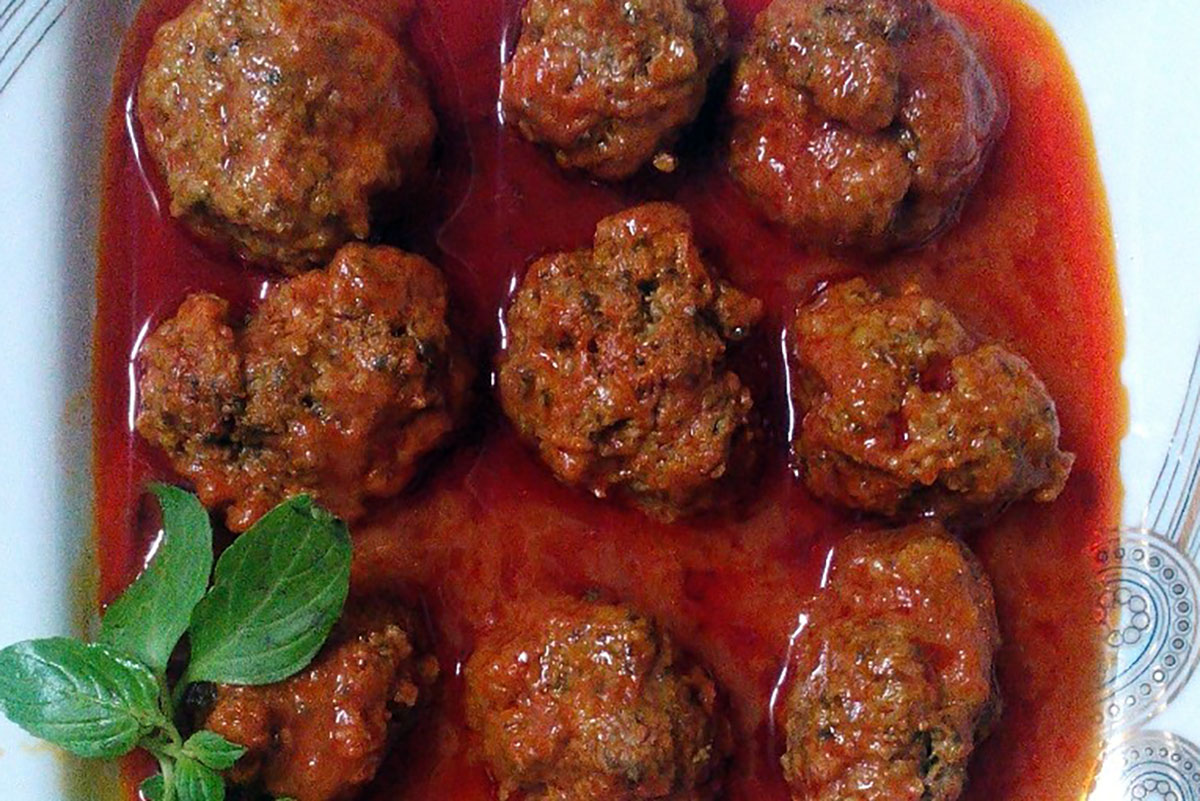When one thinks about the most famous culinary travel destinations around the world, Iran probably isn’t at the top of the list. This is unfortunate, as Iranian cuisine is one of the most unique and historically traditional types of cuisines in the world. Iranians have been making some of the same dishes for centuries, as it was inhabited earlier than the majority of the rest of the world. Its culture and cuisine is among the oldest in the world. The Middle East and modern day Iran have been perfecting this unique blend of preparation and ingredients for over a thousand years.
One of the most typical ingredients you will find in an Iranian dish is rice. From what little documentation remains from the time, it is believed that the practice of cultivating rice most likely came from southwestern Asia or possible India. There are several ways to prepare a traditional Iranian rice dish. “Damy” rice is a type of preparation where rice is cooked in the same pot with accompanying ingredients such as beans and lentils.
Traditional bread making has been a staple preparation for most Iranian families for centuries. Iran grows more varieties of wheat than any other country in the world, offering a variety of tastes and textures for different types of bread. Most bread in Iran is unleavened, or without (or very little) yeast. Most “Bread” in Iran would be what other countries would consider as “Flatbreads”. Flatbread is served at every meal, used to soak up the delicious sauces used in most Iranian foods. In some areas of Iran, utensils like forks and spoons are not used at all. The most common beverage found in Iran is called “Doogh”. It is made by blending yogurt with water and dried mint.
Although at first glance Iran may not seem like one of the most interesting culinary attractions of the world, if you dig a little deeper you’ll find a wonderful variety of tasty foods that you cant find anywhere else.
- Iranian have looked at food at 3 different ways for many centuries; medicinal, philosophical and cultural.
- Physicians and philosophers considered food and beverages as the main factor to revive body. Consuming food is a way of weakening or strengthening human character. Consuming a lot of red meat and fats was thought to create evil thoughts and make us selfish. However, consuming a healthy diet including fruits, vegetables, fish, fowl, mixed petals and blossoms of roses create unusual powers and make us gentle and noble creatures.
- The ancient philosophy of cold and hot food is linked to ancient Zoroastrian religion of the Achaemenian and Sassanian. This philosophy once was shared with other civilizations including China, India, and the medieval West. From region to region, the classifications may vary. In general, animal fat, poultry, wheat, sugar, some fresh fruits and vegetables, and all dried vegetables and fruits are considered as hot. Most beef, fish, rice, dairy products, fresh vegetables and fruits are considered as cold. Based on your nature, season or illness, you eat cold or hot foods. Even today, the way foods are combined and served takes this into consideration. For instance, walnut, a hot food is combined in a dish that includes pomegranate, a cold food, to make the dish balanced and delicious.
- From cultural aspect, food was considered to be an art providing enjoyment to both body and mind.
- Iranians refined the taste and flavor of food and how it is presented although it still retains roots in its ancient sources. Iranians cook based on what is in season so the food is as fresh and as best quality as it can be. Fragrance during cooking and at the table plays an important role, the same as the taste. Presentation of food is a major factor. Food is garnished so that it pleases the eye.
- Iran was first to use many common herbs such as basil, mint, cumin, cloves, and coriander. Many different foods originated or introduced in Iran such as oranges, pistachios, spinach, saffron, sweet and sour sauces, kabobs, almond pastries, etc. The domesticated goat is believed to have originated in Persia. The goat's ability to subsist in sparse vegetation made it ideal for domestication by nomads. There are still many nomads herding goats and sheep in Iran today.
- No accurate record of classical Persian cooking is available but we hear that vast banquets occurred at Persepolis. It is clear that the ancient Persians cherished food. For instance, Darius of Achaemenian paid special attention to agriculture. Walnut, pistachio, pomegranate, cucumber, broad bean and pea (known in China as the "Iranian bean"), basil, coriander, and sesame were introduced by Parthian and Sassanian traders. The techniques of cooking have been passed down generation to generation.
- Women have had a great influence in the history of cooking in Iran. The best chiefs were women. From the palaces of Persian kings to the average housewife, women have had fabulous skills in the preparation of food. Therefore, homemade food is precious and more appreciated than that of food prepared in a restaurant.
- In Iran today, most woman has the extraordinary culinary competence with an art and dedication when preparing simple meals to using their imagination when entertaining large groups. This characteristic does not only apply to housewives but also to professional women having full time jobs preparing elaborate and elegant meals without shortcuts with simple equipment in their kitchens. Nomadic women can fascinate you by making everything from scratch such as bread using little equipment.
- Throughout the history, the art of Persian cooking expanded to all the Middle Eastern countries such as Turkey, Iraq, Armenia, and Syria. Today, when dishes are made, culinary history of Persian cooking is noted.
- Like other countries, special foods are prepared for different occasions, i.e. weddings, funerals, birthdays, Persian New Year, religious and historical feasts, formal and state gatherings.

